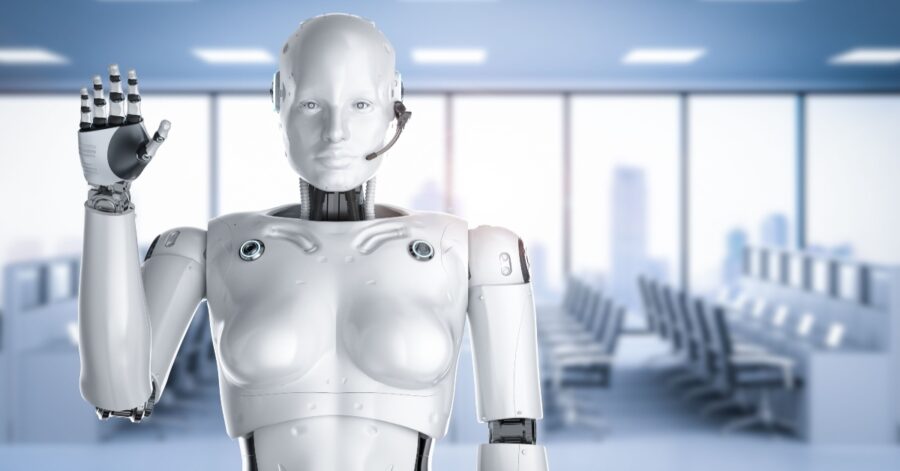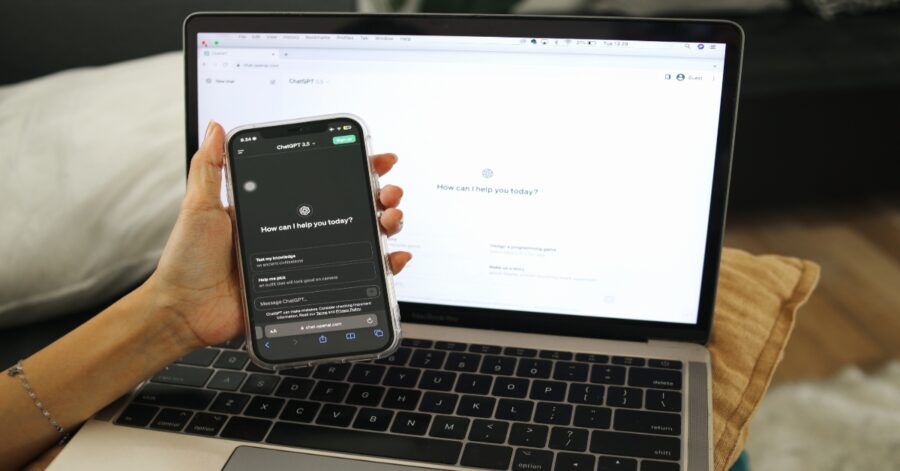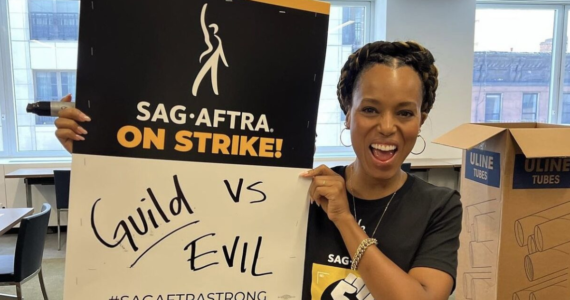From chatbots answering customer questions to algorithms predicting our shopping habits, artificial Intelligence (AI) is changing how we work and live our daily lives. In fact, this has sparked a big question: Can AI take your job? AI is streamlining processes and increasing efficiency in many industries. Roles that involve repetitive tasks and data analysis are particularly vulnerable to automation, transforming jobs in manufacturing, data entry, and even some aspects of healthcare. So, it’s easy to see why some folks are shaking in their boots.
Luckily, it’s not all doom and gloom. The key to thriving in an AI-driven world is adaptability. While AI can take over specific tasks, it also creates new opportunities. Jobs that require creativity, emotional intelligence, and complex problem-solving are less likely to be fully automated. Additionally, the rise of AI has spurred demand for new roles in AI development, maintenance, and oversight. Embrace lifelong learning and acquire skills that complement AI technologies, which can help secure your place in the evolving job market.
Can AI Take Your Job? Examples of It Happening

The short answer? Yes, AI can take your job, and it’s already happening in some industries. For instance, robots assemble products faster and more accurately in manufacturing than humans. In customer service, AI chatbots handle basic inquiries, reducing the need for large support teams. Even in journalism, some news stories are now generated by AI, especially for straightforward reporting like sports scores and financial updates. These examples show that AI is making significant inroads into jobs once held by humans.
AI Capabilities in Media and PR

AI is also shaking things up in media and PR. Here are some capabilities to know:
- Content Creation: AI tools like GPT-3 can write articles and social media posts. These tools can produce content quickly, making them helpful in meeting tight deadlines.
- Data Analysis: AI can analyze vast amounts of data to identify trends and insights. This helps PR professionals craft more effective campaigns.
- Personalization: AI can tailor content to specific audiences by analyzing user behavior, leading to more engaging and relevant messages.
- Crisis Management: AI can monitor real-time online conversations, helping PR teams respond swiftly to potential crises.
- SEO Optimization: AI tools can optimize content for search engines, ensuring that your message reaches a wider audience.
Preventing AI From Taking Your Job

Are you worried about AI taking your job? While we wish we could say there is no need to fret, there are multiple ways to stay ahead of the curve. Here are some steps you can take to improve your value and hopefully maintain your gig:
- Upskill and Reskill: Continuously learn new skills that are in demand. This could be anything from digital marketing to data analytics. The more skills you have, the more adaptable you’ll be.
- Embrace AI: Instead of fearing AI, learn how to work with it. Understanding how AI can enhance your job will make you more valuable to your employer.
- Focus on Human Skills: AI is great at processing data and performing repetitive tasks, but it lacks emotional intelligence, creativity, and critical thinking. Hone these uniquely human skills.
- Network and Collaborate: Building strong relationships within your industry can open up new opportunities. Collaboration often leads to innovation, which AI cannot replicate.
- Stay Informed: Follow industry trends and advancements in AI. Knowing what’s coming will help you prepare and adapt.
So, it’s time to ask again: Can AI take your job? Let’s be honest, the potential is there, but it doesn’t have to be a threat. By understanding AI’s capabilities and continuously developing your skills, you can stay relevant and irreplaceable in the workforce. Remember, AI can handle many tasks but can’t replace the unique qualities that make us human. Stay curious, keep learning, and embrace the future of your work field. In other words, stay ready, so you don’t have to get ready!
Follow MEFeater on Twitter, Instagram, Facebook, and Pinterest for more business news and updates.









